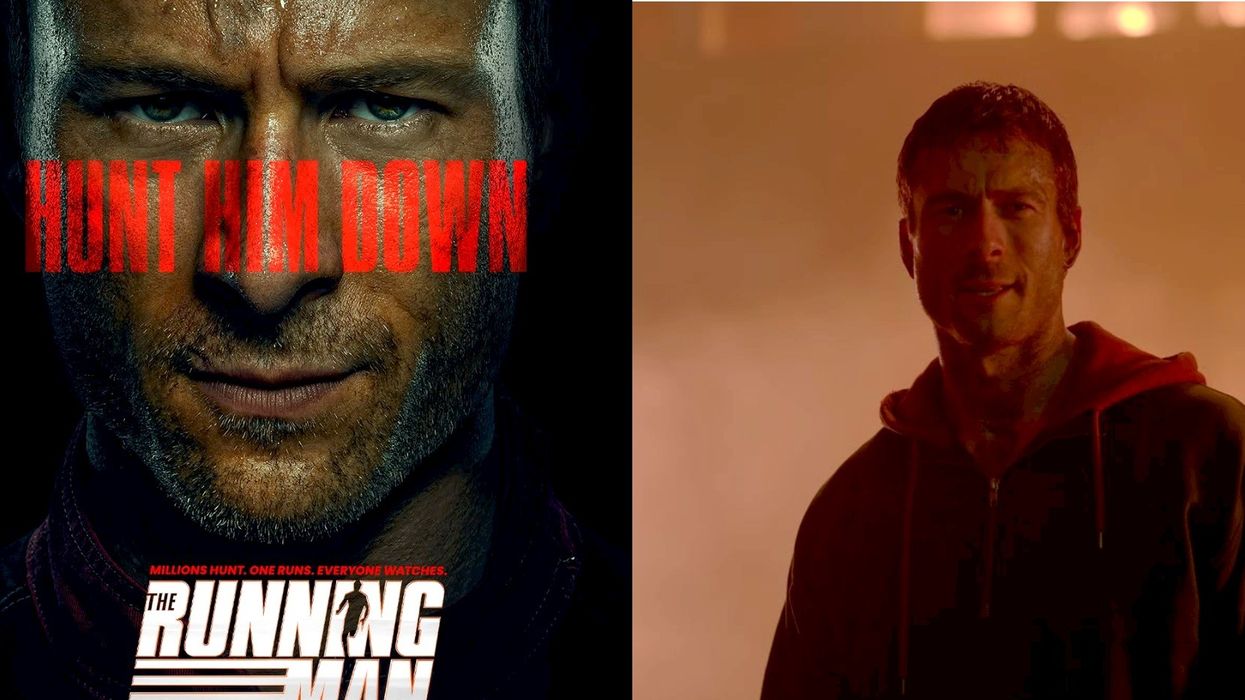MANCHESTER United kick off the 2024/25 Premier League season at home to Fulham on Friday, while Manchester City begins its title defence at Chelsea on Sunday.
New Liverpool manager Arne Slot will have his first competitive match on Saturday against newly-promoted Ipswich. This will mark his first game since taking over from Jurgen Klopp.
Here's a preview of the opening weekend of the new season:
Ten Hag needs fast start
Manchester United's surprise FA Cup final win over Manchester City in May helped Erik ten Hag remain in charge at Old Trafford. The Dutch manager has received support from United's new football operations hierarchy, led by British billionaire Jim Ratcliffe, and has been given a contract extension until 2026.
To bolster Ten Hag's squad, Leny Yoro, Joshua Zirkzee, Matthijs de Ligt, and Noussair Mazraoui have been signed for around £150 million. After finishing eighth last season—United's worst-ever Premier League finish—Ten Hag needs a quick start to dispel doubts about his ability to lead the club.
Fulham won at Old Trafford for the first time in 20 years in February. A repeat performance on Friday would leave United fans concerned about another disappointing season.
Ipswich plans slot shock
Arne Slot faces a challenging start as Liverpool visits Ipswich, who are back in the top flight after a 22-year absence and have enjoyed successive promotions. Liverpool has not made any signings in the transfer window but has had a strong pre-season, with notable wins over Arsenal, United, and Sevilla.
A win at Portman Road would provide some relief to Liverpool fans adjusting to the end of Klopp's tenure. The Reds could gain momentum with an easier fixture schedule leading up to the October international break.
Ipswich defender Axel Tuanzebe remains optimistic about maintaining Ipswich's strong home record over the past two seasons. "We're going to empty the tank and give everything we've got," Tuanzebe told the BBC. "They're just humans. It is just 11 v 11 on the pitch. Not many teams win at Portman Road, and we intend to keep it that way."
Chelsea chaos vs City continuity
New Chelsea manager Enzo Maresca faces a challenging match against his former club. Maresca, who was part of Pep Guardiola's coaching staff at City, led Leicester to promotion from the Championship last season.
He takes over a chaotic situation at Stamford Bridge, where the first-team squad now has over 50 players, and there are uncertainties regarding many of them. Chelsea's struggles were evident in a difficult pre-season, which included a 4-2 loss to City in the USA.
In contrast, there have been few changes for Guardiola's champions. Brazilian winger Savinho is the only new addition, while Argentine forward Julian Alvarez has left for Atletico Madrid.
City's England players, Kyle Walker, John Stones, and Phil Foden, along with Spanish midfielder Rodri, returned to training only this week after competing in the Euro 2024 final and are unlikely to start against Chelsea.
















 Vismaya Mohanlal transitions from poetry and art to acting in ThudakkamInstagram/
Vismaya Mohanlal transitions from poetry and art to acting in ThudakkamInstagram/

 New poster for The
New poster for The 
 Riddle is frequently seen supporting him courtside, including at the 2025 WimbledonGetty Images
Riddle is frequently seen supporting him courtside, including at the 2025 WimbledonGetty Images She has also used her platform to promote the sport among younger audiencesGetty Images
She has also used her platform to promote the sport among younger audiencesGetty Images Morgan Riddle is an influencer and media personality with over 1 million followersGetty Images
Morgan Riddle is an influencer and media personality with over 1 million followersGetty Images